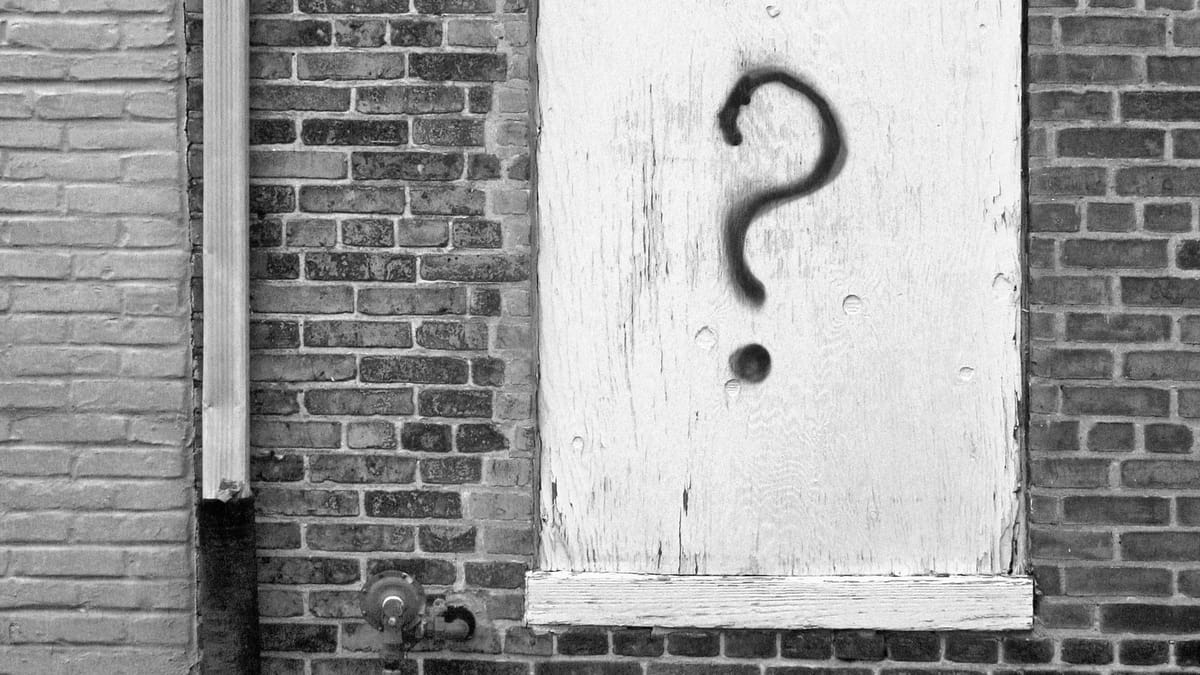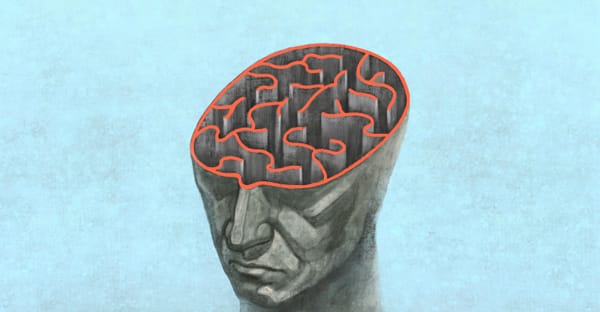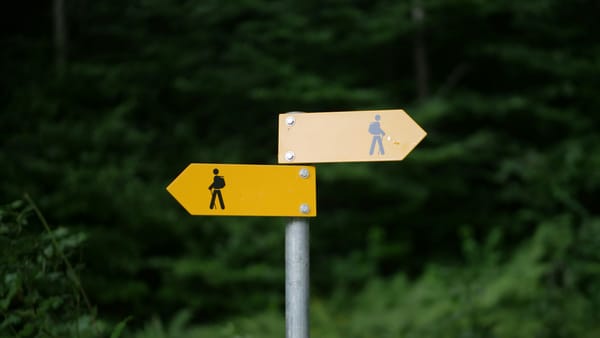The Power of Asking One More Question
Curiosity isn’t something we outgrow, it’s something we forget to practice. Staying open means asking questions, especially when we think we already know the answers.

Getting curious is one thing.
Staying curious? That’s a whole other practice.
Lately, I’ve been working hard to shift my posture away from judgment and into curiosity. Not just toward others, but toward myself. It’s a subtle but important difference. Instead of rushing to conclusions, I’m learning to ask better questions. To soften my stance. To stay open.
We think we know.
We think we’ve learned.
We think we understand.
Worse — we assume this is just how things are, and how they’ll always be.
But what if they’re not?
Right now, I’m in the middle of unpacking and reframing a lot of things in my life. I’ve got a guide helping me explore the “whys” and “hows,” not just the “whats.” It’s hard work. But it’s honest.
Asking questions about old experiences, uncovering patterns, and tracing reactions back to the roots. It’s the kind of effort that makes you stronger, like lifting weights for the soul.
Curiosity, it turns out, is a muscle. And like any muscle, it atrophies when left unused.
We don’t lose curiosity because we’re lazy — we lose it because we’ve been trained out of it. As kids, we asked everything. Why is the sky blue? Why is water wet? Why do dogs bark?
But somewhere between childhood and adulthood, many of us trade curiosity for certainty. We get rewarded for having answers, not for asking good questions. We stop wondering and start assuming. We exchange discovery for routine.
And it costs us.
When we stop being curious, we drift. We stop asking what else might be true. We close ourselves off — not just from others, but from the fuller experience of life.
But staying open doesn’t have to be dramatic. It can show up in the quietest places.
Sitting on the porch, watching birds at the feeder.
Asking a friend one more thoughtful question over lunch.
Listening without waiting for your turn to talk.
Noticing the moments when you’re tempted to say, “I already know this,” and instead asking: “What else might be here?”
That’s curiosity. That’s character.
Why Does It Matter?
Life, when left unexamined, starts building a narrative for us consisting of part truth and part mystery. When we don’t ask questions, that mystery hardens into belief. Into certainty. Into blind spots.
History reminds us what happens when leaders stop listening and assume they already know.
On D-Day, Hitler’s certainty became his blind spot. Convinced he already knew where the Allies would strike, he ignored warnings, delayed action, and held tight to a flawed assumption. That refusal to stay open and to listen. To wonder “what if?” cost him dearly.
Maybe it's an extreme example, but sometimes, the greatest threat to leadership and a balanced life isn’t chaos. It’s certainty.
Curiosity, by contrast, opens space for flexibility, connection, and learning. It makes us better leaders, friends, partners, and people.
And no, being curious doesn’t mean you’re indecisive or “wishy-washy.” It means you’re willing to stretch. To hear different perspectives. To stay teachable.
That’s not weakness. That’s a strength.
When you hear yourself say, “There’s nothing new here for me,” you should pause.
Then dig a little deeper. Ask one more question.
A good one to start with: Why?
Interested in journaling but not sure how to get started? How about a gentle nudge in the right direction?
Try the HHN Journaling Coach—a ChatGPT companion designed to help you reflect, reset, and reconnect with yourself through thoughtful prompts and questions based on what we discuss here on this blog.
Deep thinking meets life’s detours—one prompt at a time.




